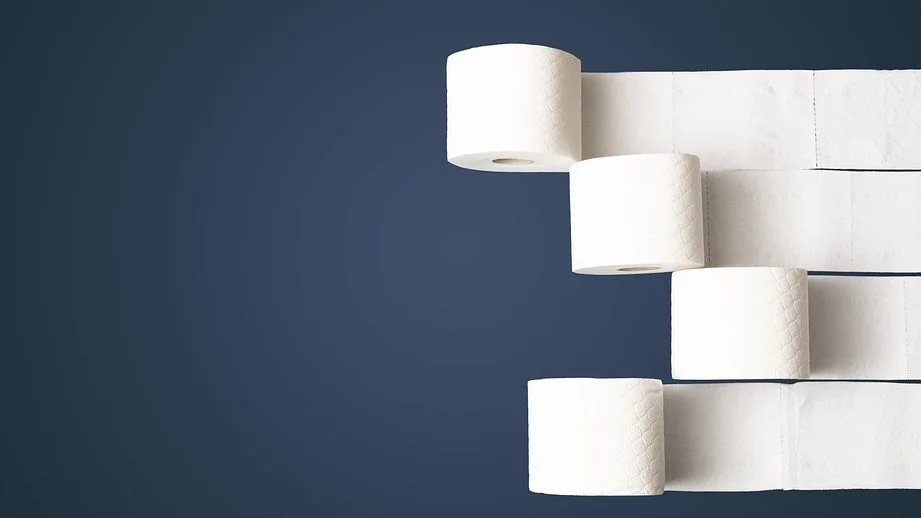Duke University’s ‘smart toilet’ utilizes artificial intelligence to monitor bowel health
Date Published:by Rachyl Jones, NCBiotech Writer — June 1, 2021 .
When it comes to the human body, the best way to determine what’s going on inside is by monitoring what comes out. This narrative lies at the center of every gastroenterology practice. Stool can give doctors vital information to diagnose and treat various health conditions, including irritable bowel syndrome, colon cancer and inflammatory bowel diseases like Crohn’s. However, this depends on patients self-reporting their data, which can often be unreliable.
Duke University’s Center for Water, Sanitation, Hygiene and Infectious Disease (WaSH-AID) has come up with a solution. ‘Smart Toilet’ utilizes artificial intelligence to track bowel health and report data, which aids gastroenterologists in creating and modifying treatment plans.
The attachment, which can be installed in any existing toilet, takes images inside the pipes, triggered by a flush. These images are then analyzed using AI, and the data stored in a digital health application. Additional research is being conducted for ‘Smart Toilet’ to provide a chemical breakdown of stool, allowing for quantitative results. This chemical analysis would enable early detection of disease without a patient having to leave their home.
The technology was developed by showing over 3,000 images to a learning algorithm and comparing its classifications to those which gastroenterologists came up with. These doctors classified images according to the Bristol Stool Scale, a diagnostic tool which categorizes images into seven categories. The technology accurately classified the images of stool 85% of the time.
“We are a big proponent of waste as a diagnostic tool,” says Sonia Grego, Ph.D., leader of the ‘Smart Toilet’ project. “It’s been a neglected area because of the universal aversion to handling the specimen and even talking about it. We want to develop technologies that take care of it automatically.”
With the toilet as the collection device, patients don’t have to change any of their daily habits or feel discomfort with providing samples. They won’t have to keep a log detailing their bathroom habits, and they are freed from the weight that the logging process can have on their lives.
For gastroenterologists, this technology allows for accurate, long-term information without human error. They can monitor how a treatment is affecting their patient in real-time. It also gives them confidence in gathering data on patients who live in long-term care facilities, who oftentimes can’t record their own data accurately.
With almost 70 million hospitalization each year and a $135.9 billion price tag, gastrointestinal diseases impact over 20 million Americans, and the numbers are rising. This AI allows for the management of symptoms and collection of health data without changing any daily habits.
If this was poker, ‘Smart Toilet’ would be “throne down” as a royal flush.
Community Impact
‘Smart Toilet’ technology can also be used to detect contagious diseases on a population level. By testing wastewater of communities, researchers can identify the presence of certain diseases, including COVID-19, and how prevalent they are. The COVID-19 infection involves SARS-CoV-2 RNA shedding in the stool of carriers. With this in mind, wastewater analysis can detect the virus in a community.
.Aided by a $20,000 Flash Grant from the North Carolina Biotechnology Center, Duke’s WaSH-AID Center conducted sewage testing for COVID-19 in three residence halls this past year.
“The Flash Grant allows the team to build upon the successes they have had in developing the Smart Toilet to target pathogen detection, in this case SARS-CoV-2, and possibly other pathogens in the future,” said Tracey du Laney, Ph.D., NCBiotech’s senior director on the Science and Technology Development team, who manages the Flash Grant program.
“The grant expands the uses and positioning of the Smart Toilet effluent separation technologies to collect samples not just from individual toilets, but also from the wastewater steams of entire buildings. Wastewater detection of pathogens is an important public health and epidemiological tool for these researchers and public health applications worldwide.”
This technology also has the potential to revolutionize the pharmaceutical industry, notes Grego. In clinical trials for pharmaceutical drugs, 70% of patients live two hours away from the drug site, which leads to patients dropping out due to inconvenience. As clinical testing moves toward more remote monitoring to combat this issue, ‘Smart Toilet’ technology can provide researchers with their patients’ data through their excreta, without patients having to travel to the testing site.
Looking Forward
Grego, along with her Duke co-workers Brian Stoner, PhD. and Geoff Ginsburg, M.D., Ph.D., are pursuing this technology further through their seed-stage company, Coprata.
The “Smart Toilet” is not yet available for commercial use, but Coprata has prepared a prototype to be available for human testing in 12 to 18 months. Future advancements include the development of a phone application, AI which can detect deviation and alert a patient, and a fingerprint system to differentiate members of a family.
“The power is not only the data,” says Grego, “but the analytics that would condense this data into actionable health information.”
Original Source: WRAL TechWire
